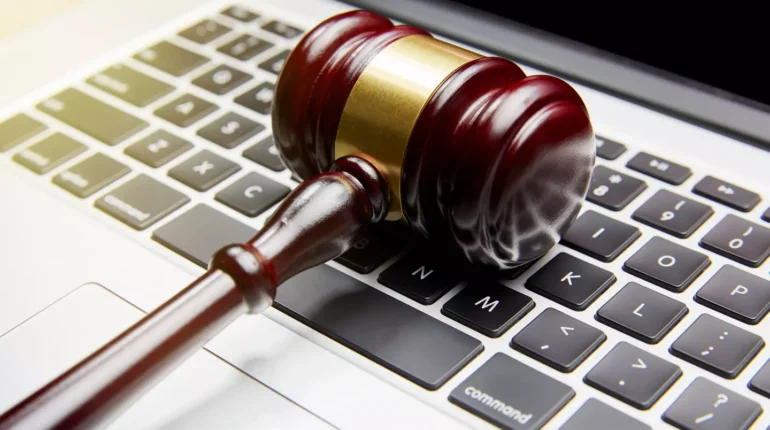📌 New U.S. Bill Could Redefine Online Content Rules — Experts Warn of Wider Censorship

Posted 20 August 2025 by: Admin
Governments worldwide are moving to regulate what people can access online — but new laws aimed at protecting children are raising questions about censorship, freedom, and the future of the internet. Age verification laws on the internet have been discussed for some time; however, a few have recently become a reality for some countries.
The most notable example is the UK’s Online Safety Act. First proposed in 2023 and enacted on July 25, the law requires strict age checks before accessing sensitive or adults-only material. Users may be asked to confirm their identity through photo verification or payment card details.
In the U.S., lawmakers are exploring similar measures. Earlier this year, Senator Mike Lee of Utah and Representative Mary Miller of Illinois introduced the Interstate Obscenity Definition Act (IODA). If passed, the bill would establish a single federal standard for what qualifies as “obscene” and empower authorities to restrict its distribution.
What is the Miller Test?
The proposal builds on the Miller Test, created by the U.S. Supreme Court in 1973. This test uses a three-part standard to decide if content is considered legally obscene — and therefore not protected by free speech rights.
The criteria include:
Whether the material appeals to unhealthy or prurient interests.
Whether it portrays conduct in an offensively explicit way.
Whether it lacks genuine artistic, literary, political, or scientific value.
Lee and Miller want to tighten the second part of this test, expanding the definition to cover material considered harmful to young audiences.
What Would the Interstate Obscenity Definition Act Do?
The bill argues that the current definition is too vague and inconsistent. By clarifying the law, it would create uniform rules across all states.
According to Lee’s website, the updated standard would “remove dependence on changing public opinion” and replace it with clearer guidelines designed for modern digital content.
How Obscenity Would Be Defined
Under IODA, content could be restricted if it:
Appeals primarily to sexual curiosity or desire.
Depicts or describes explicit acts intended to arouse or gratify.
Lacks serious artistic, cultural, educational, or political value.
This broad definition could extend beyond adult entertainment to include certain books, imagery, or creative works deemed inappropriate.
Potential Impact on the Internet
If passed, the law could mean anyone distributing such material across state lines faces penalties.
Critics warn the scope may go far beyond its stated purpose of protecting minors. Mike Stabile of the Free Speech Coalition noted that the UK’s Online Safety Act has already impacted mainstream platforms like Reddit, X, and Discord. He cautioned that a U.S. version might also restrict LGBTQ+ discussions or politically sensitive topics.
Eric Goldman, law professor at Santa Clara University, added: “Censorship begets censorship. If you’re going to do censorship round one, people are going to try and evade it.”
Stabile also remarked that the adult industry has historically adapted to restrictions: “It is adept at growing in hostile circumstances and finding ways to survive.”




















